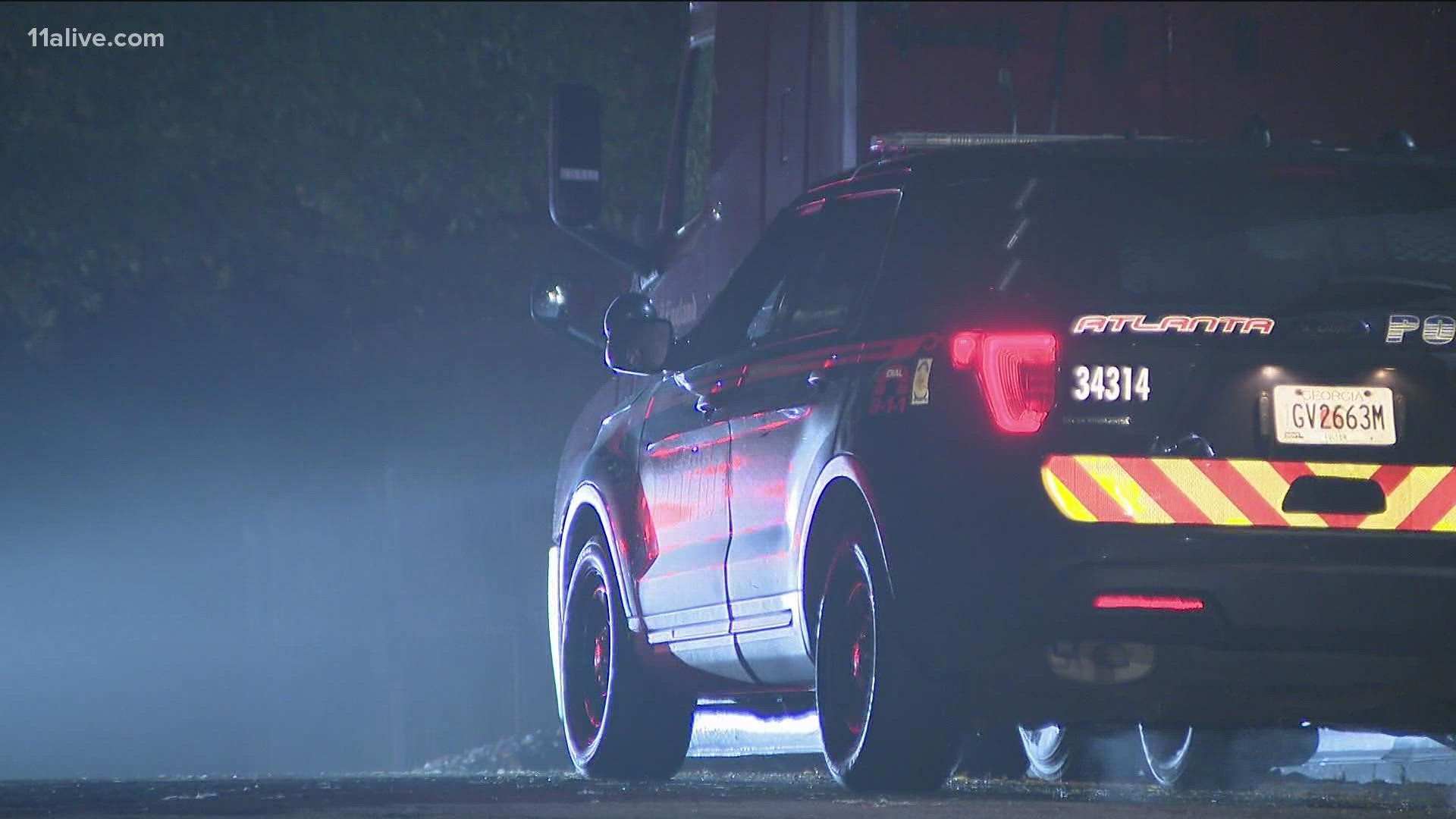ATLANTA — Federal law enforcement officers are on notice--President Joe Biden signed an executive order on Wednesday that, as he puts it, will result in “the most significant police reform in decades.”
While the order applies to federal officers, the president wants to find ways to encourage local police to follow it, as well.
He signed the order at the White House two years to the day since officers in Minneapolis participated in the arrest that killed George Floyd, in which one officer used excessive force while other officers failed to intervene.
The president said the intent of his order is “to heal the very soul of this nation.... I believe the vast majority of Americans want the same thing—trust, safety and accountability” in public safety personnel.
The order specifies a long list of reforms that federal law enforcement must implement—reforms that, he expects, local law enforcement will adopt--to put an end to excessive use of force that too often has targeted minorities.
“They're trying to set a mark for local law enforcement to follow,” Atlanta Civil Rights Attorney Mawuli Mel Davis told 11Alive on Wednesday.
Davis is suing police in excessive force cases. He welcomes the new, federal standards as a first step to help local police.
“We have to protect citizens,” Davis said, “and at the same time, the reduction in these kinds of issues with law enforcement, it also protects law enforcement. That's what I think people miss. They tend to think that this is just about people going against the police, But the fewer instances of police brutality that we have, the safer everyone is.”
One of the mandates will establish a new, national database to track all federal officers who have disciplinary records.
Local police will be encouraged, with funding incentives, to include their own disciplined officers on the database, as well.
“It is good to have a database,” said former DeKalb County Public Safety Director Cedric Alexander, “so we can track those individuals who may have been terminated, who have long, extensive histories of some improprieties. Because what we don't want, what good cops don't want, they don't want those bad individuals moving around from department to department.”
Alexander called the reforms a good start that, he said, could have saved lives if they’d become part of policing years ago.
Congress had been considering legislation that would have imposed even more extensive police reforms. The House passed it last year, but it is stalled in the Senate—President Biden blamed Senate Republicans—and the inaction led to the president to decide he could implement some of the reforms by executive order.
“Is it enough? No, not nearly enough,” Davis said. “A great deal more needs to happen. It's unfortunate that we could not have legislation passed that would have been much more comprehensive. But this is something that needed to happen. And we have to continue to press forward.... But there's so much more that needs to be done.”
“It is certainly a step in the right direction,” Dr. Alexander said, “as it relates to reforms that are needed. So it is positive.”

